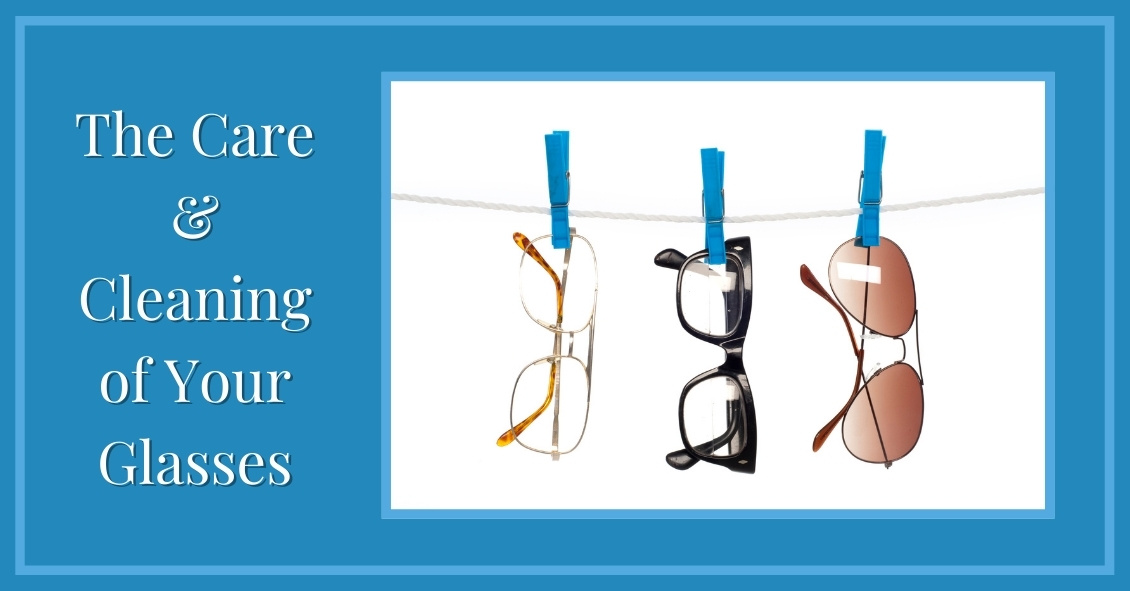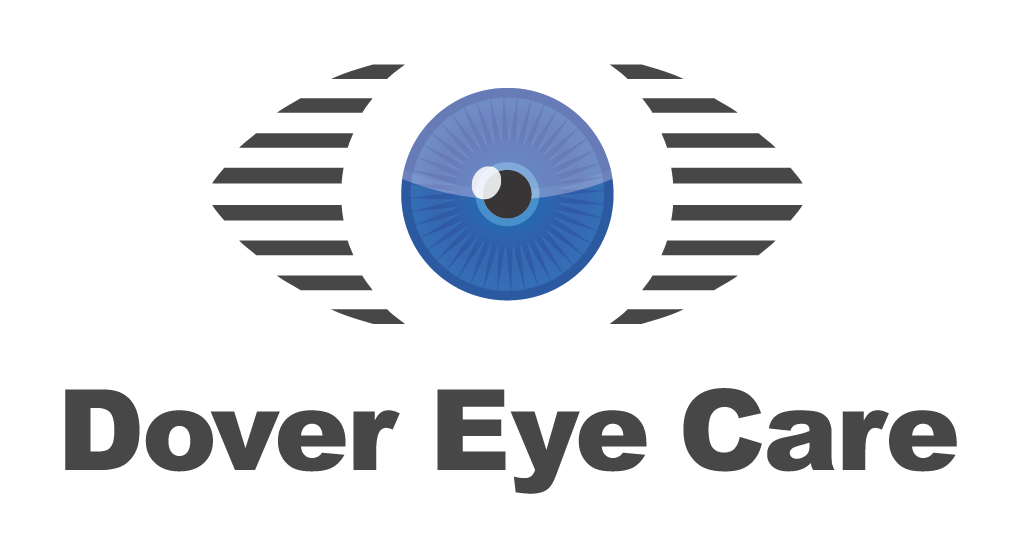
Now that you have picked up your new pair of prescription eyeglasses, your focus becomes taking care of them. This is a task many disregard, but it is absolutely imperative that you make sure you are following a couple simple steps to keep the quality of your vision with your new spectacles.
We are all guilty of using a garment when in a rush to wipe away a pesky smudge on our glasses. This act is unfortunately the worst thing you can do for your lenses.
No matter how clean your clothes are, dust particles and even small bits of sand and debris cling to them. Since eyeglass lenses are not made of diamonds, these tiny little particles can do tremendous amounts of damage to your new lenses. The smallest little crumb can grind a scratch directly in your line of vision, which in turn can render your glasses almost useless.
Most of us know what it feels like trying to concentrate on the world in front of you when there is a little scratch distorting and distracting your vision. A majority of the time, these little scratches can be avoided by following a few simple steps.
You may have noticed while shopping in your favorite store that they sell a variety of eyeglass cleaners. You need to be careful because the sprays and wipes which you can purchase in retail stores are not necessarily approved for all types of eyeglass lens materials.
This factor makes them fall under that category of products that many eye care professions cannot recommend. Most of these liquids contain a form of acetone or other cleaning agent that is too harsh for plastic lenses. Many years ago, when all eyeglasses were actually made out of crown glass, these products would have worked just fine. Now, during a time with thinner, lighter materials like cr-39 plastic and polycarbonate, these products have proven to be too hard on the lenses.
Over time, the lenses will start to break down if exposed to the chemicals used in these sprays, causing a fogging effect. Once again, you are left with a pair of glasses that are now unable to be used.
Now that we have gone over the two main culprits in the destruction of eyeglass lenses, other than accidents, let’s focus on some tips to extend the life of your glasses.
Most importantly, you should use an eyeglass case. For the large portion of patients who wear their glasses all day, it’s understandable how awkward it can be to carry a case around. But it’s nowhere near as frustrating as realizing the new pair of eyeglasses you just purchased is becoming scratched and ruined.
Also, you do not need to carry the case with you everywhere you go. Strategically leaving a case on a bedside table, in your car, or in a purse is the difference between “life or death” for your glasses.
There is also a simple way to clean your glasses that does not require you to purchase anything you probably don’t already have at home. Using lukewarm water at the sink, place a small, pea-sized dab of dish soap on your fingers. Gently rub the soap on both lenses from side to side, and then rinse with warm water. A disposable paper towel is recommended to dry the glasses.
Disposable towels work because they are just that, disposable - which guarantees they are not carrying dirt or sand from a prior use.
Taking care of your glasses today means you have them for clear vision tomorrow and into the future.
Article contributed by Richard Striffolino Jr.
This blog provides general information and discussion about eye health and related subjects. The words and other content provided in this blog, and in any linked materials, are not intended and should not be construed as medical advice. If the reader or any other person has a medical concern, he or she should consult with an appropriately licensed physician. The content of this blog cannot be reproduced or duplicated without the express written consent of Eye IQ.
